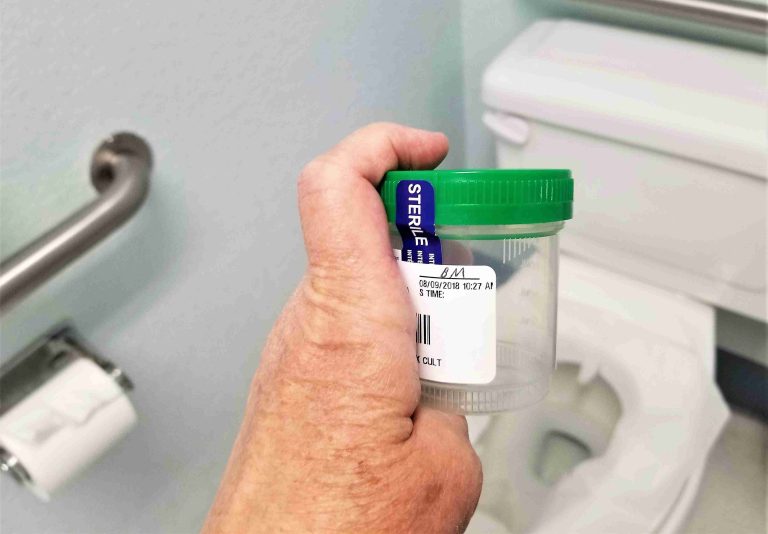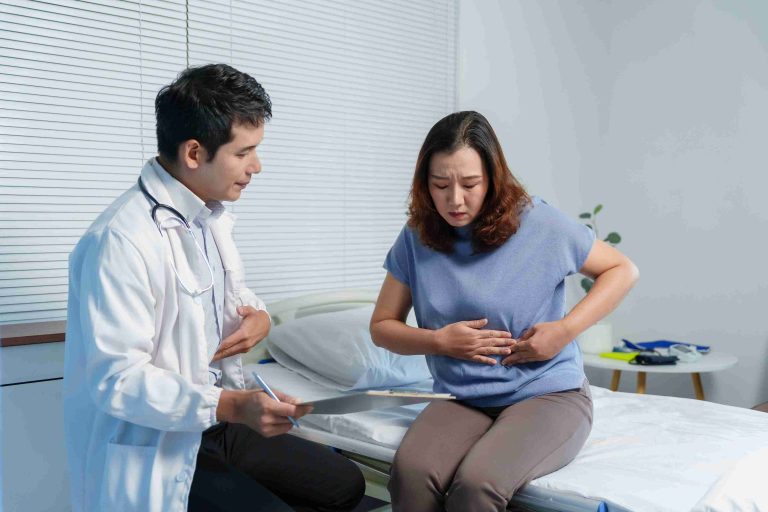A gastroscopy is a diagnostic procedure that allows doctors to examine the lining of the esophagus, stomach, and duodenum using a thin, flexible tube with a camera at its tip. This procedure is crucial for identifying conditions such as gastritis, ulcers, acid reflux, and even early signs of stomach cancer. While the procedure itself provides valuable insights into a patient’s digestive health, the follow-up process is equally important to ensure proper treatment, monitor progress, and prevent complications.
Reviewing Test Results and Diagnosis
After undergoing a gastroscopy, the doctor will review the images and any biopsy samples taken during the procedure. In some cases, results may be available immediately, while others, particularly biopsies, require laboratory analysis, which can take a few days. The waiting period can be stressful for some patients, but it is a crucial step to ensure accurate diagnosis.
A follow-up appointment allows the doctor to explain the findings in detail and discuss any necessary treatment plans. If abnormalities such as inflammation, infections, or precancerous cells are detected, timely follow-up ensures that appropriate medical intervention can begin as soon as possible.
Patients who skip this step may delay necessary treatments, which can lead to worsening conditions. It is also an opportunity for patients to ask questions about their condition, ensuring they fully understand their diagnosis and next steps.
Monitoring Symptoms and Recovery
Following a gastroscopy, some patients may experience mild side effects such as throat discomfort, bloating, or temporary nausea due to the air introduced during the procedure. While these symptoms typically resolve within a day, persistent discomfort or new symptoms should be discussed with a doctor during a follow-up visit.
More serious complications, such as bleeding, infection, or a perforated digestive tract, though rare, require immediate medical attention. A follow-up appointment provides an opportunity for the doctor to assess recovery and ensure that no complications have arisen after the procedure. Patients should take note of any symptoms that persist beyond the expected recovery time and communicate them to their doctor to rule out underlying issues.
Adjusting Treatment Plans Based on Findings
For patients diagnosed with conditions like gastritis, peptic ulcers, or Helicobacter pylori infection, follow-up care is essential to determine the effectiveness of prescribed medications and dietary modifications. Some conditions require additional treatments or long-term monitoring, particularly in cases where acid suppression therapy or antibiotics are involved.
If a biopsy reveals abnormal tissue, further testing may be necessary to rule out serious conditions such as stomach cancer. Without proper follow-up, patients may miss crucial early intervention opportunities that could prevent disease progression. In some cases, doctors may recommend additional imaging or endoscopic procedures to track any changes in the gastrointestinal lining over time.
For patients with chronic conditions, follow-up visits also serve as a checkpoint to assess how well their bodies are responding to prescribed medications. If the initial treatment plan is not yielding the desired results, the doctor may suggest alternative medications, lifestyle changes, or further tests to tailor a more effective strategy for symptom management.
Preventing Disease Progression
In cases where precancerous changes or Barrett’s esophagus are detected, regular follow-ups and repeat gastroscopies may be required to monitor any progression toward malignancy. Ignoring follow-up appointments increases the risk of missing early warning signs that could have been managed effectively with timely medical intervention.
Additionally, patients with chronic acid reflux or gastrointestinal bleeding should maintain regular follow-ups to prevent long-term damage to the digestive tract. The doctor may recommend lifestyle changes, medication adjustments, or further diagnostic procedures to ensure continued gastrointestinal health.
Regular monitoring can also help prevent complications such as esophageal strictures, which can develop in patients with severe acid reflux. Left untreated, these conditions may lead to difficulty swallowing and an increased risk of aspiration pneumonia. Through periodic follow-ups, doctors can intervene early and prevent these serious complications from arising.
Managing Anxiety and Addressing Patient Concerns
Undergoing a gastroscopy can be a stressful experience for many individuals, and receiving a diagnosis can sometimes cause anxiety. A follow-up visit provides a platform for patients to discuss any concerns, seek clarification on their condition, and gain reassurance about their treatment plan.
Doctors can also offer guidance on dietary adjustments, stress management techniques, and lifestyle changes that can improve digestive health. Addressing these concerns through proper follow-up ensures that patients feel supported and empowered to take charge of their health.
Many digestive conditions can be managed effectively with the right combination of medical treatment and lifestyle changes, and a follow-up appointment provides the necessary education and encouragement to stay on track.
Furthermore, for patients who may be struggling with the psychological impact of their diagnosis, doctors can refer them to specialists such as dietitians or counselors to provide additional support. This holistic approach can greatly improve a patient’s quality of life and overall well-being.
The Role of Family Support in Follow-Up Care
Patients recovering from a gastroscopy may need the emotional and physical support of family members to attend follow-up appointments and adhere to treatment plans. Family members can play a vital role in ensuring that their loved ones take prescribed medications, follow dietary recommendations, and maintain a healthy lifestyle.
Encouragement and involvement from family members can also help alleviate anxiety, particularly in elderly patients who may feel overwhelmed by medical procedures. Accompanying a patient to their follow-up appointment can also provide an extra set of ears to help them remember important instructions from the doctor.
Scheduling Follow-Up Appointments
Patients should schedule a follow-up appointment as recommended by their healthcare provider, typically within one to two weeks after the procedure. Those undergoing treatment for chronic conditions may require periodic reviews to monitor progress.
It is essential to adhere to the scheduled follow-ups, as delaying or missing appointments can result in undiagnosed complications, ineffective treatments, or worsening symptoms. Patients should also keep track of any symptoms that arise after the procedure and report them to their doctor.
To make the follow-up process more convenient, many hospitals and clinics now offer telemedicine consultations for test result reviews and medication adjustments. This allows patients to discuss their condition with their doctor from the comfort of their home, reducing travel time and making it easier to comply with follow-up care.
Lifestyle Changes for Long-Term Digestive Health
In addition to attending follow-up appointments, patients should adopt lifestyle changes that promote long-term digestive health. Avoiding spicy and acidic foods, quitting smoking, reducing alcohol intake, and managing stress can all contribute to better gastrointestinal function.
Regular exercise, adequate hydration, and a fiber-rich diet also help prevent issues such as acid reflux, bloating, and constipation. For individuals with specific dietary restrictions due to conditions like gastritis or acid reflux, working with a nutritionist can be beneficial in creating a sustainable and effective eating plan.
Conclusion
Following up after a gastroscopy is a vital step in ensuring accurate diagnosis, effective treatment, and long-term digestive health. From reviewing test results and monitoring recovery to adjusting treatment plans and preventing disease progression, proper post-procedure care plays a crucial role in managing gastrointestinal conditions.
Patients should prioritize follow-up appointments to address concerns, receive timely medical guidance, and take proactive steps toward maintaining their health. With a combination of medical support, family involvement, and lifestyle adjustments, individuals can achieve better digestive health and improve their overall well-being.







